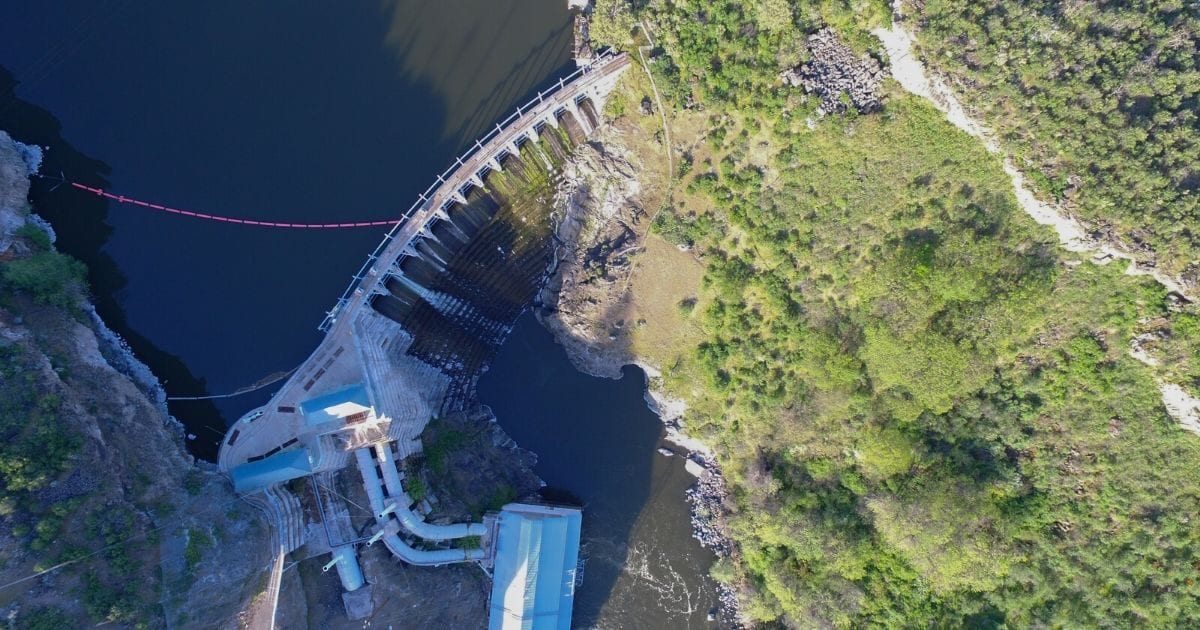Congress Huffman’s Tribal Fairness Amendment Passes
On September 24th, U.S. House of Representatives passed H.R. 4447, the Clean Economy Jobs and Innovation Act, which included the Klamath Hydroelectric Settlement Agreement Tribal Fairness amendment, led by Rep. Jared Huffman (D-San Rafael).
The amendment is designed to safeguard Tribal communities against further harm to the Klamath River and its ecosystem and remediate existing problems in the Klamath River basin and downstream communities caused by four aging dams owned by PacifiCorp, a subsidiary of Warren Buffett’s Berkshire Hathaway. If PacifiCorp turns its back on the negotiated agreement to remove the dams, the Huffman amendment would impose new relicensing conditions for the dam owner, including a requirement that the dams comply with state and tribal recommendations to reduce harm to fisheries, as well as numerous public disclosures related to water pollution, fish recovery, dam safety, and the facility’s financial status.
“By approving the Klamath Hydroelectric Settlement Agreement Tribal Fairness amendment today, the House has sent a very clear message to PacifiCorp that we will no longer accept business as usual with their destructive Klamath River dams,” said Rep. Huffman. “PacifiCorp should not expect automatic annual licenses for these dams that harm tribal fisheries and downstream water quality: they will be held responsible for the needs of the tribes and of the states of Oregon and California, and they will have to regularly report to the public on the dams’ serious negative impacts. PacifiCorp has previously agreed to do the right thing for the people of the Klamath River and for their customers and shareholders. Every moment that they delay the KHSA results in the worsening health of Klamath River communities and tribes, and Congress will not support that ongoing injustice.”
We are thrilled the Tribal fairness amendment passed to protect Tribal communities against further harm to the Klamath River.
Thank you Congressman Jared Huffman for your efforts and holding PacifCorp accountable for removing the destructive Klamath dams. #DAMSOUT





